 |
| Cyrille Aimée. Photo credit and © Colville W. Heskey |
Singer CYRILLE AIMÉE, originally from Samois-sur-Seine in France, and now living in New York has just released a new album, ‘Let’s get lost,’ on the Mack Avenue record label. In the light textures created by two subtle guitarists, this artist with her bright, effervescent voice unites jazz and gypsy influences and her dual heritage of France and the Dominican Republic. The album also includes a pop duet with singer Matt Simons. In this extensive, in-depth interview with Annie Yanbékian of French TV’s Culturebox, and translated by Naoise Murphy, she tells her story:
At thirty-one, Cyrille Aimée has already lived several lives. After years of travelling, of being impulsive and then changing her mind (she got chosen for a famous TV talent show, but then threw in the towel just before the final stage), she settled down in New York. There, she has gathered renown as a jazz musician.
As a young woman, with a French father and a Dominican mother, she discovered jazz by getting to know the Manouche musicians in Samois-sur-Seine. Later, she studied in New York before winning several competitions – Montreux, Sarah Vaughan – and making it to the final of the Thelonious Monk Competition. She was spotted very early on in her career by the New York press, before signing with Mack Avenue, who are based near Detroit. In 2013, she was chosen by Stephen Sondheim, the great eminence of the stage musical, to sing in his shows. ‘Let’s get lost’ is her second album with Mack Avenue, two years after ‘It’s a good day.’ Written and produced with the guitarist Michael Valeanu, with the help of guitarist Adrien Moignard, the unifying thread of the album is the state of being in love. It includes beautiful original compositions (‘Nine more minutes’…) and covers of jazz numbers from both France (Georges Moustaki) and the Dominican Republic (Juan Luis Guerra). The ballad ‘Each day’ sees the reunion of Cyrille Aimée and Matt Simons, who were students together before he became a pop star. Intimate and warm, ‘Let’s get lost’ reveals the singer’s talent for improvisation.
It is on stage where Cyrille Aimée is completely energized and alive.
Culturebox (Annie Yanbékian) : The material in ‘Let’s Get Lost’ is eclectic, like on your previous album. Is this due to a desire to share all your different influences?
Cyrille Aimée: The previous album combined classics, new compositions and cover versions of French chansons and rock tunes. Before signing with Mack Avenue, I had recorded an album of big band music, three albums with a group which combined piano, bass, trumpet and saxophone, and two albums with the Brazilian guitarist Diego Figueiredo. For ‘It’s a good day,’ I wanted to produce something which had all of these little bits of me: gypsy, Latino, American jazz, Brazilian jazz. To achieve this, I had to find an original sound and I had the idea of a group with three completely different guitar styles: Manouche, Brazilian and jazz. I worked with Michael Valeanu, who plays electric guitar, beforehand to define the repertoire, the arrangements, the role of each guitar. Then I brought everyone into the studio where the music took shape. It was a rawer, younger album.
AY: Was ‘Let’s Get Lost’ conceived as a follow-up to ‘It’s a good day?’
CA: For me, ‘It’s a good day’ is a bit like the sun, while ‘Let’s get lost’ is more like the moon. In this new album, we have the same group as before, but it’s after two full years spent on the road living and playing together. We got to know one another musically and personally. It’s a lot deeper. The material on the new album was created during those two years. When we got back into the studio, we concentrated more on the atmosphere and the message of the pieces than on the arrangement and the sharing out of roles.
AY: Who is in charge of composition, arrangements, choosing songs to cover?
CA: Michael Valeanu and myself. Michael is French but I met him in Brooklyn. We are really the parents of the album! We compose together. For the covers, we spend hours on Youtube researching French songs that haven’t already been done a thousand times. Michael introduced me to ‘T’es beau tu sais’ which Georges Moustaki composed for Edith Piaf. For the arrangements, I have more of an idea of the atmosphere, of the groove, the intro, while Michael thinks more about how to co-ordinate the guitars. He knows the instrument really well and knows what will work. We complement each other well. Then, we propose the ideas to the group, we try them out, the other musicians each make suggestions and it becomes a more of a collective effort.
AY: How much time did the writing and the recording of the album take?
CA: All the work was done during the two years we spent on the road. Sometimes, we tested a new piece in the sound check before a concert. It we liked it, we played it again in the following sound checks, trying out other arrangements. For ‘There’s a lull in my life’ we were in the van, stuck in traffic. Adrien Moignard and Michael had taken out their guitars. I had the camera. We started playing and filming, I put the piece on Youtube and everyone loved it. So we recorded it. Finally, just before going into the studio, we played for three weeks in Qatar. Every night, we played for three hours in a hotel. We needed lots of material. That was a great opportunity to put together lots of pieces and to polish them! By the time we got in the studio, we were really ready.
AY: The album contains a beautiful duet, ‘Each Day,’ recorded with Matt Simons…
CA: He’s one of my friends from university in the US. He was studying the saxophone. I formed my first group with him. At the end of our first year, I brought my five closest friends from class, including Matt, to Europe. They had never left the US. We travelled with Interrail, we slept in the trains, we played on the streets, with a hat… That’s how we started singing together. He had his saxophone but I suggested that he sing duets with me. We had lots of adventures together. He became a huge pop star in Europe!
AY: Can you tell us about ‘Nine more minutes,’ a piece which features the sounds of the metro?
CA: The story of that song is romantic. I have known Michael Valeanu for five years. For two years, we were best friends but we would never really work together. We hung around in jazz clubs at night, until very late. At around three in the morning, he would come with me to my metro station and wait with me, before going back to his own stop. One night, we got to my station and saw that the next train was due in nine minutes. Michael took a book of poetry out of his pocket. For nine minutes, he read poetry to me, until the train arrived. Some weeks later, he said to me ‘Cyrille, I’m working on a song, I’d love if you could write the lyrics, it’s called ‘Nine more minutes.’ (laughs) And just like that…I was love-struck!
AY: Years ago, we almost saw you in a famous TV talent show… Instead, we found you some time later as a jazz singer in New York. What happened?
CA: It was the fourth edition of Star Academy. I was 18, I had already done the interviews for the programme, the photos, the introductory video, I was on the cover of ‘Télé 7 Jours’… Before the shows on prime time TV, they presented me with a contract to sign. I realised that I wasn’t ready, that I didn’t want to sing the songs they would make me sing. I wanted to learn, I had just discovered jazz, I really wanted to study. I refused to sign the contract and went to live in the Dominican Republic, where my mother is from.
AY: You travel a lot. Can you summarise your travels for us?
CA: I often ask my father to make me a timeline of our family’s different journeys! Even I get them muddled up! We moved so often because after about three years in the same place my father would get fed up and look for a job somewhere else. To sum up, I was born in Fontainebleau. Two weeks later, we left for Cameroon. Three years later, we came back to France. Then there was New York, where my sister was born, Mexico, a return to France, Singapore, New York again, Germany, the Dominican Republic…I can’t be certain about the chronological order.
AY: Your father gave you the travel bug then!
CA: For me, it’s normality, I’ve never known anything else. However, I’ve been in New York for ten years now. That’s a lot! It’s the first time I’ve stayed anywhere for such a long time.
AY: It was in Samois that you first encountered jazz music…
CA: Yes, I grew up there and that’s where I discovered music. Where I was little, I would go to the Django Reinhardt festival but it wasn’t really for the music, I wasn’t particularly drawn to it. At home, there was always lots of music. My mother loves Latino music, flamenco, but also Michael Jackson, Stevie Wonder, French chansons, classical music… I came across the Manouche gypsy community first as people, as a culture, with a certain way of living, being, talking. I fell in love with their culture. I understood where their music came from and fell in love with it too.
AY: How did you first meet them?
CA: I was 14 and I was on my bike in the square in Samois. A Manouche girl came towards me and said ‘Can we have a go?’ I had to ask her to repeat herself five times before I understood her accent. I said yes, and she called her four cousins over. We were all on the bike, hurtling down the cobbled streets of Samois! She became a friend of mine. Then I became good friends? with her big brother Loumpi. He gave me a red guitar and taught me to play it. In exchange, I taught him to read. One day, his older brother Dallas suggested that I sing one of the classics, ‘Sweet Sue,’ from a Django record. It was raining and since we couldn’t all fit back in the caravan, we got into a parked bus in the square. For the first time, I sang in front of the whole family. From that day on, the Manouches called me Sweet Sue. I discovered Django’s records, I looked for the pieces with singing, but there were very few of them. So, someone gave me a box of four Ella Fitzgerald CDs! When I heard her scatting, I just fell completely in love with it. It was improvisation that made me want to sing – that’s why I love jazz.
AY: Did you take music lessons?
CA: My mother enrolled me in singing lessons in Avon (near Fontainebleau) but they weren’t great… I had a teacher who would give me scales to do and then slip away for twenty minutes! One day I spied on him: he was at the table eating with his family! When he came back I said ‘I smell chicken!’ (laughs) I didn’t continue my lessons with him… Later, when I finished school, I lived in Paris for a year. I was enrolled at the American School of Modern Music. I made my audition video for Star Academy there. In the meantime, during a holiday in Santo Domingo in the Dominican Republic, I had met a pianist who’s quite famous there. He suggested that I come and live with him, with his wife and children, so that we could collaborate. That’s what I did after leaving Star Academy. But it didn’t go well.
AY: Why was that?
CA: I had just got out of something horrible, the Star Academy contract, and then things were even worse there. I realised that the wife of the pianist wanted me to sing with him and no one else. I was living with this old man who didn’t go out in the evenings. Then I met some musicians who asked me to sing with them. In the beginning, his wife said to me ‘Cyrille, you live with us, it’s not nice to go and play with other musicians.’ I said to myself: ‘She’s right.’ I had to tell the musicians that I wasn’t allowed to sing with them. I finally realised that wasn’t cool… After four months, a guy my age really needed a singer. I said to my host’s wife that I was going to sing with my friend, and that there was absolutely no competition between him and her husband… The next day, she had packed my bags and called a taxi.
AY: Where did you go?
CA: I had nowhere to go. My parents were living in Singapore and I didn’t want them to know what was going on and send me money… In Santo Domingo, my maternal grandmother, who’s very poor, lived with her sister and her mother… So I went to live with my uncle’s ex-wife, Milkeya. She had one bed that we shared. I called up the musicians who had contacted me months before. I recorded a CD that I brought to clubs and restaurants. Very quickly, I had eight concerts per week because I was the only jazz singer on the island. It was a lot of work but I wanted a challenge, I wanted to learn. That’s the reason I left France, and the reason I went to the United States.
AY: So you went back to music school there.
CA: Yes. From Santo Domingo, I applied to Berklee (in Boston) and Purchase College (in New York State). I was accepted to both but I chose Purchase which was much less expensive. I studied jazz for four years there. I learned a lot and I made a group of musician friends who I started playing concerts with. I was the only girl and the only singer in the whole school! I evolved there in the same way as an instrumentalist would.
AY: And you won some singing competitions…
CA: Yes indeed, there were some competitions that I won. And there are all the ones that I didn’t… Those were the ones from which I was able to really build. I learnt more from them than from the ones that I won. You always have to take risks.
AY: Do you have an example of a failure that was formative for you?
CA: I was booed at the Apollo Theater, an old club in Harlem where Ella Fitzgerald, Sarah Vaughan, Lauryn Hill and James Brown were discovered. Every Wednesday, there’s an Amateur Night. Competitors get up to sing and the public is allowed to boo them. The first time I entered, I was booed by 1,500 people, it was crazy. I had prepared ‘I’m beginning to see the light’… With an intro, lots of expressive pauses… But the people at the Apollo don’t have time for that. They cried foul straight away, I had hardly opened my mouth! But you have to keep singing until the bell rings. I sang a whole verse while people were booing me. Then I forgot the words, so there I was with my hand in the air, saying ‘Give me a chance!’ The motto of the Apollo says ‘Be good or be gone.’ That can have two effects. Either you give up, or it makes you stronger! I know that nothing as bad as that can ever happen to me! I went back a few months later. That time, I got stuck straight in, and I came away with first place!
LINKS: TOUR SCHEDULE
The original Culturebox interview in French
Categories: miscellaneous


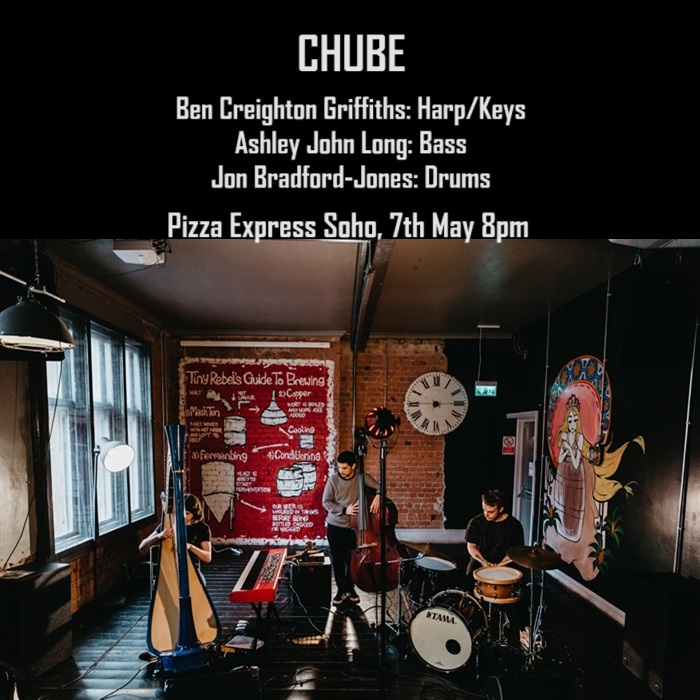


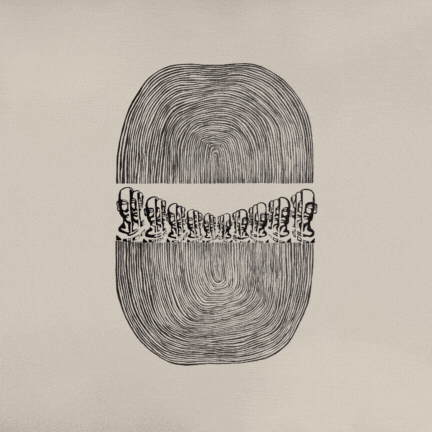

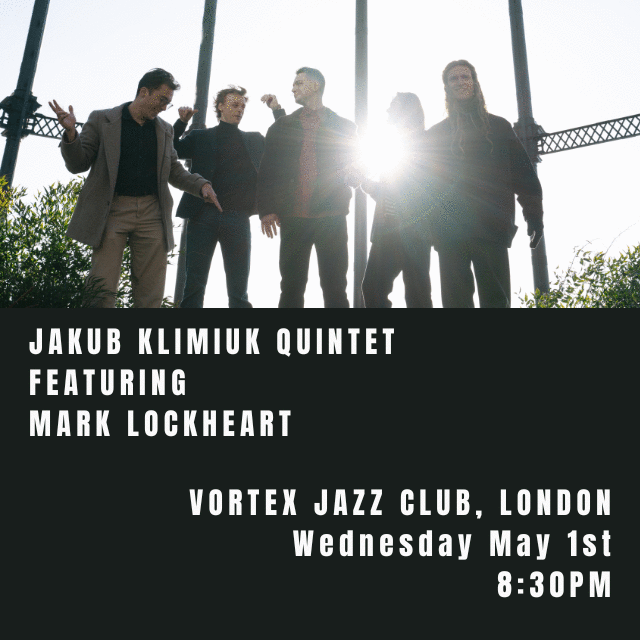
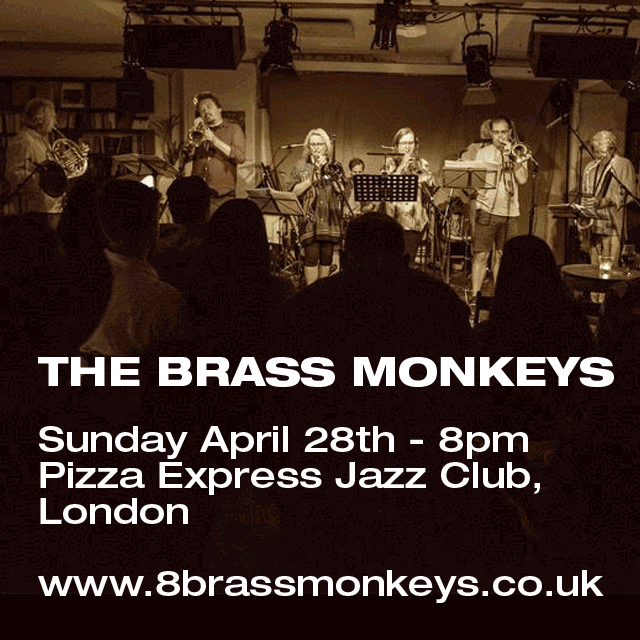
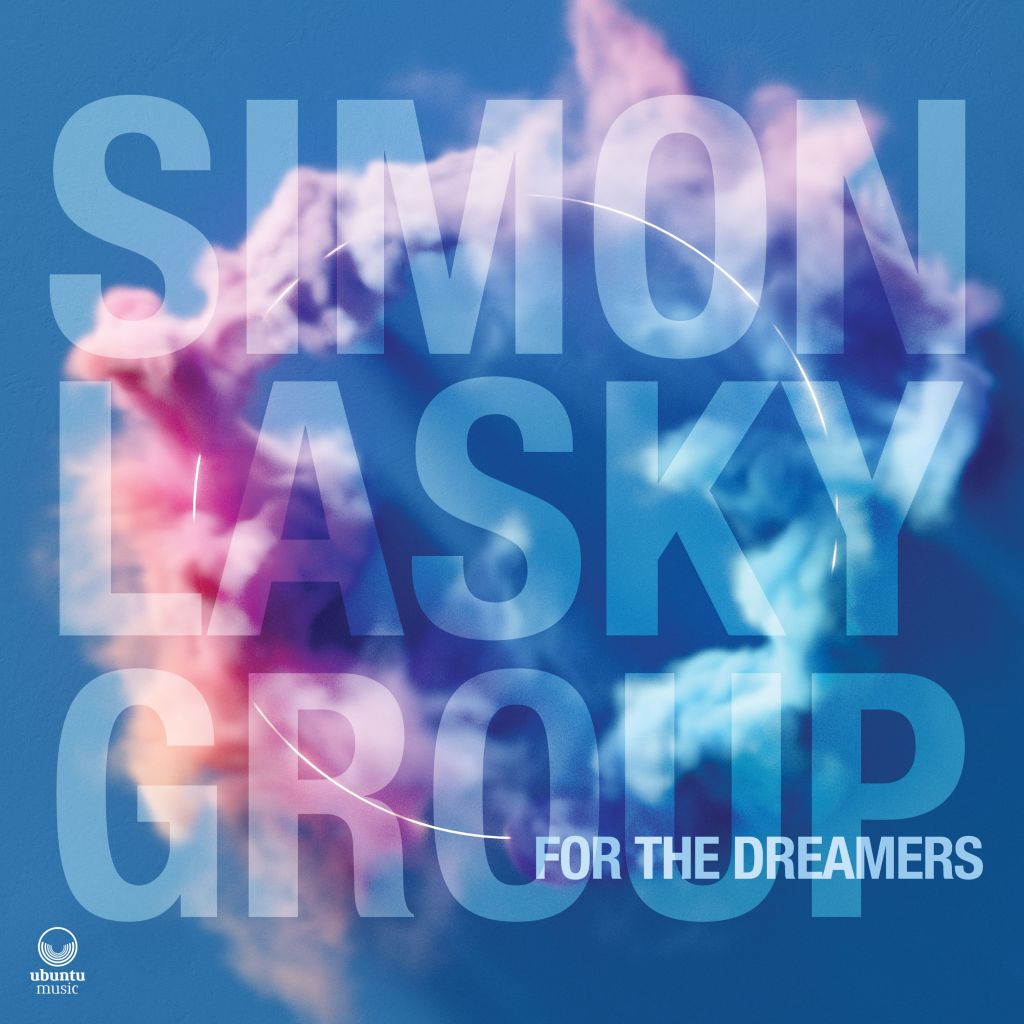
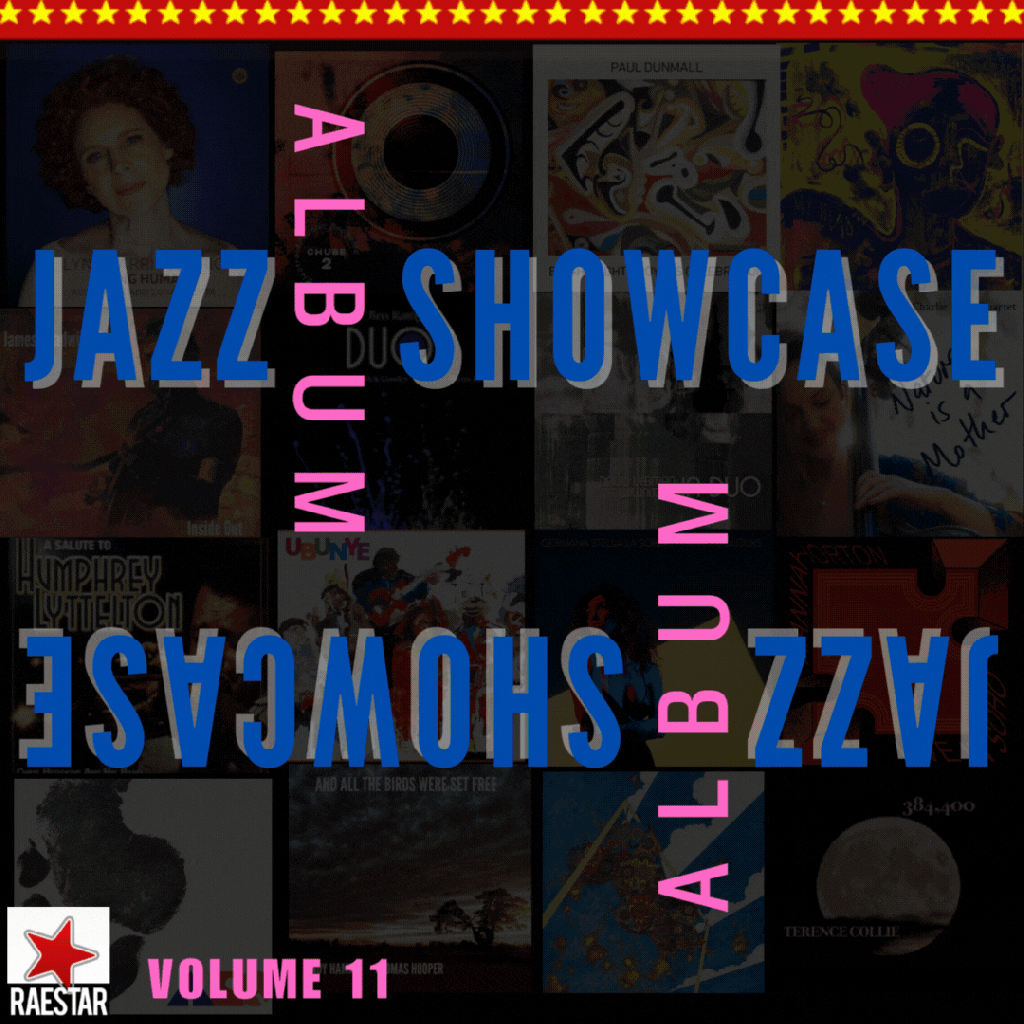

Recent Comments